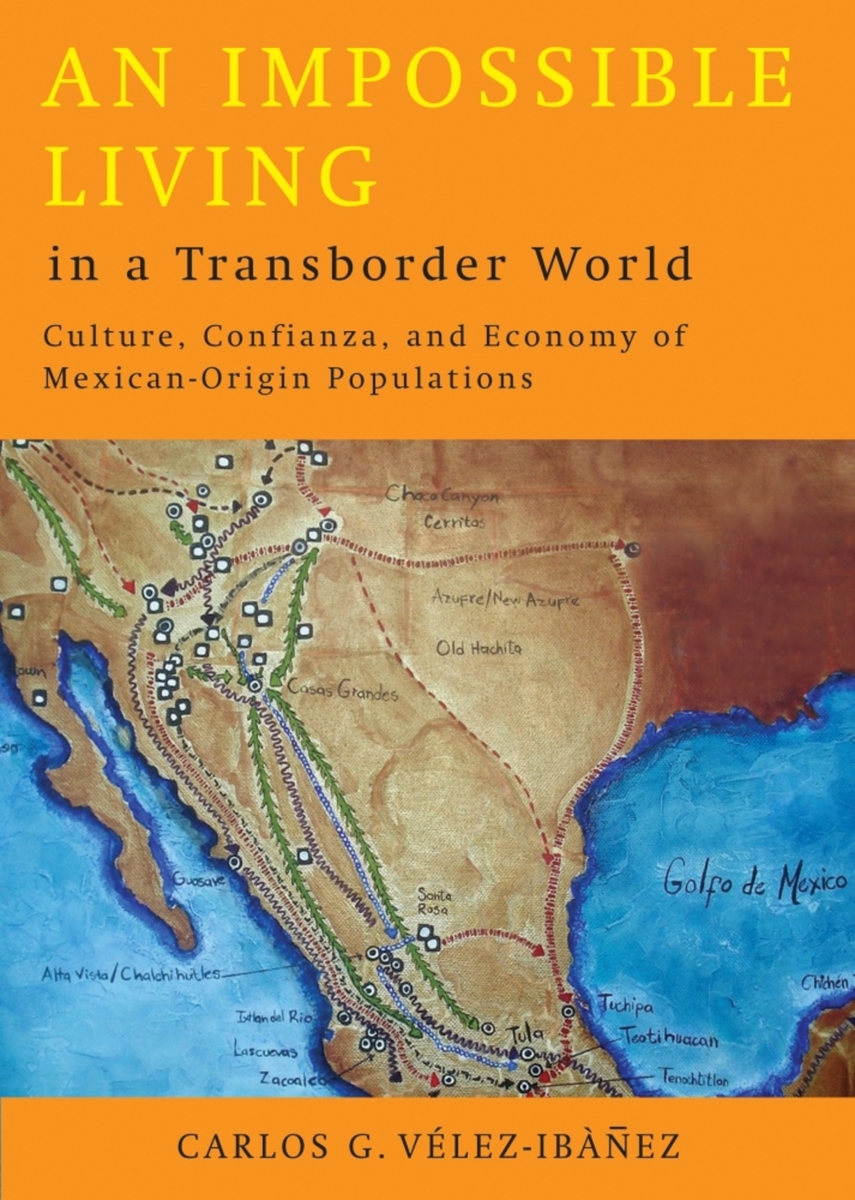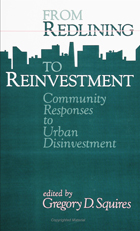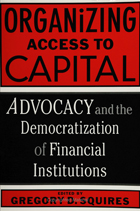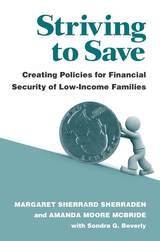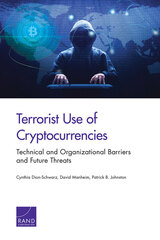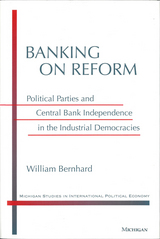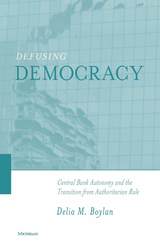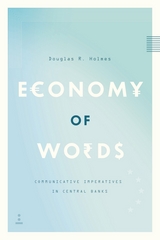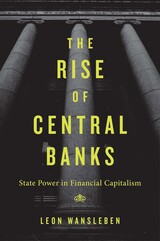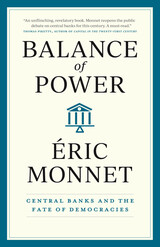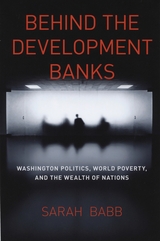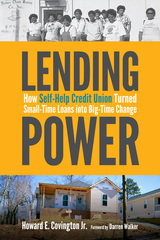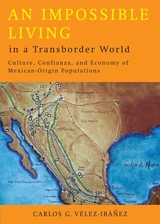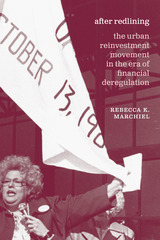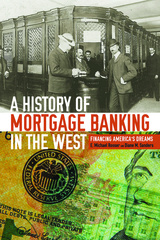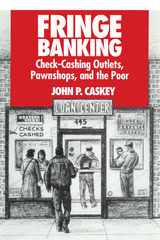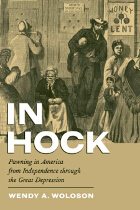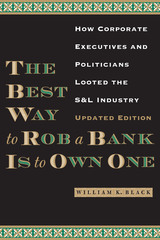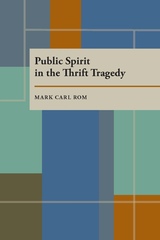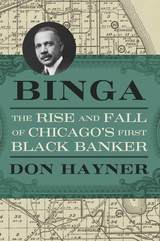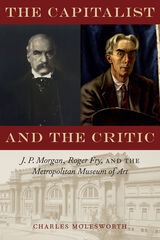An Impossible Living in a Transborder World: Culture, Confianza, and Economy of Mexican-Origin Populations
University of Arizona Press, 2010
Paper: 978-0-8165-2635-2 | eISBN: 978-0-8165-0108-3
Library of Congress Classification HG2039.M4V443 2010
Dewey Decimal Classification 306.309721
Paper: 978-0-8165-2635-2 | eISBN: 978-0-8165-0108-3
Library of Congress Classification HG2039.M4V443 2010
Dewey Decimal Classification 306.309721
ABOUT THIS BOOK | AUTHOR BIOGRAPHY | REVIEWS | TOC
ABOUT THIS BOOK
They are known as cundinas or tandas in Mexico, and for many people these local savings-and-loan operations play an indispensable role in the struggle to succeed in today’s transborder economy. With this extensively researched book, Carlos Vélez-Ibáñez updates and expands upon his major 1983 study of rotating savings and credit associations (ROSCAs), incorporating new data that reflect the explosion of Mexican-origin populations in the United States. Much more than a study of one economic phenomenon though, the book examines the way in which these practices are part of greater transnational economies and how these populations engage in—and suffer through—the twenty-first century global economy.
Central to the ROSCA is the cultural concept of mutual trust, or confianza. This is the cultural glue that holds the reciprocal relationship together. As Vélez-Ibáñez explains, confianza “shapes the expectations for relationships within broad networks of interpersonal links, in which intimacies, favors, goods, services, emotion, power, or information are exchanged.” In a border region where migration, class movement, economic changes, and institutional inaccessibility produce a great deal of uncertainty, Mexican-origin populations rely on confianza and ROSCAs to maintain a sense of security in daily life. How do transborder people adapt these common practices to meet the demands of a global economy? That is precisely what Vélez-Ibáñez investigates.
Central to the ROSCA is the cultural concept of mutual trust, or confianza. This is the cultural glue that holds the reciprocal relationship together. As Vélez-Ibáñez explains, confianza “shapes the expectations for relationships within broad networks of interpersonal links, in which intimacies, favors, goods, services, emotion, power, or information are exchanged.” In a border region where migration, class movement, economic changes, and institutional inaccessibility produce a great deal of uncertainty, Mexican-origin populations rely on confianza and ROSCAs to maintain a sense of security in daily life. How do transborder people adapt these common practices to meet the demands of a global economy? That is precisely what Vélez-Ibáñez investigates.
See other books on: Economy | Mexican Americans | Mexican-American Border Region | Southwest, New | Vélez-Ibáñez, Carlos G.
See other titles from University of Arizona Press
